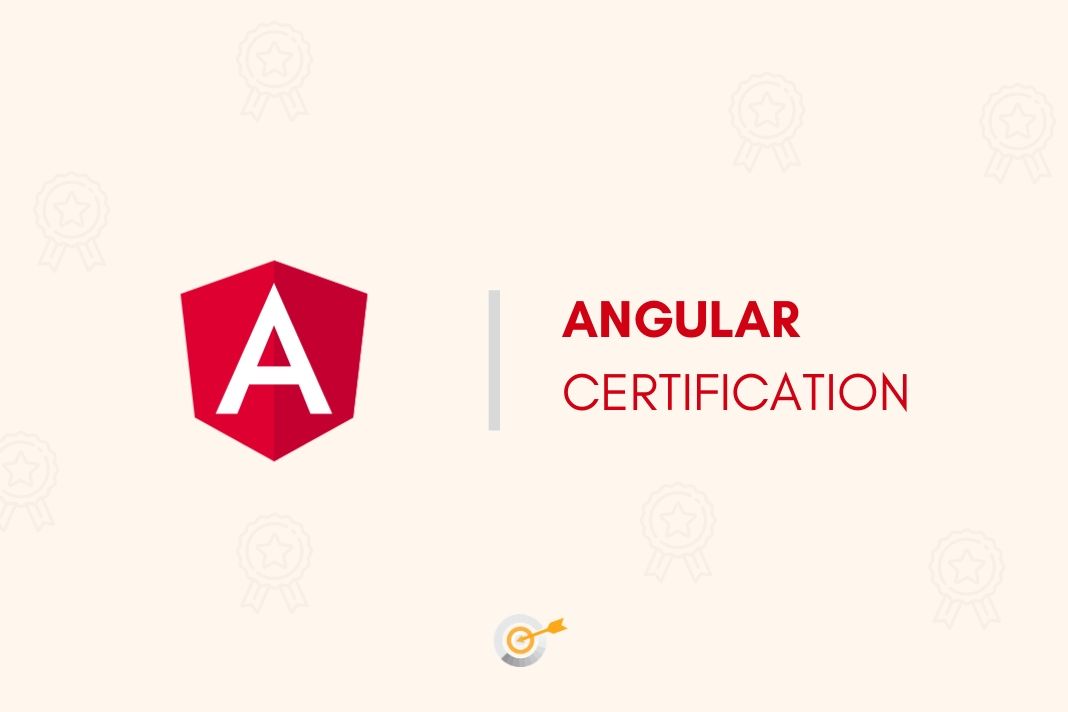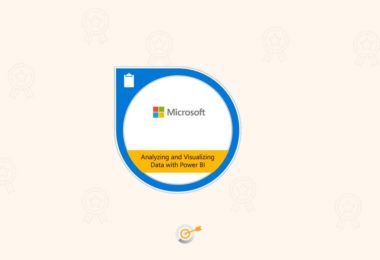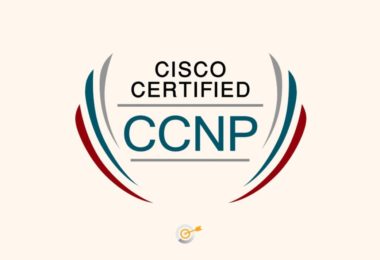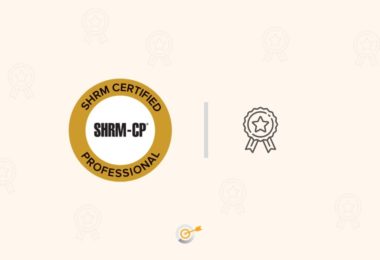
Overview of the Certification
Angular is a platform for building mobile and desktop web applications. It is a client-side TypeScript based framework which is used to create dynamic web applications. It is very similar to its previous versions except having some extensive features. The Angular community has released its latest version Angular 8 with an impressive list of changes and improvements including the much-awaited Ivy compiler as an opt-in feature.
These are the most prominent features of Angular 8:
- Angular 8 supports TypeScript 3.4
- Angular 8 supports Web Workers
- The new compiler for Angular 8 is Ivy Rendering Engine
- Angular 8 provides dynamic imports for lazy-loaded modules.
- Improvement of ngUpgrade
YouTube, Google, Cisco, Nike, Samsung, Microsoft, Forbes, BMW and many Fortune 500 companies are using Angular as their front-end development framework to deliver an engaging user experience. Angular’s powerful cross-platform feature allows developers to build progressive web applications and native mobile applications.
Angular Training
Angular Certification Training will enable you to build dynamic, responsive, and interactive web applications by mastering the concepts of Angular 8. The training covers Angular 8 concepts such as Angular Modules, Angular Components, Data binding, Angular Animations, Angular Forms, DOM manipulation using Directives and Pipes, Component interaction using Services and Dependency Injection (DI), Communicate with backend services over HTTP protocol, Perform Routing and Authentication with JWT plus Application Deployment using Nginx and Docker.
However, Angular is a completely open-source web framework which was founded by Google so there is no direct connection with any institution who can control the overall development. Angular does not have any official certification because there is no direct authority of the ownership.
Where to Learn Angular
Since many developers are newbies or just started their careers, it may be possible that they may not afford the certification course charges, for that they can go to online websites like.
- DotNetTricks
- W3School
- Edx
- Codecademy
- Lynda
That list can be huge because due to the demand of the Angular in the market, the more content is being generated like videos, articles, blogs, podcasts, and cheat sheets so that the free resources can be useful for the developer around the globe with no cost. Some other places that can teach Angular are
- Vskills
- Edunext Gen
- Zeolearn
- DotNetTricks
- Edureka
- Simplilearn
Suggested Read:
• How to be a Freelance Java Developer
• 8+ Websites to Learn Coding for Free
• What Should I Learn If I Want to be a Freelance Developer?
Syllabus
Because there is no certifying body for Angular, the syllabus will vary depending on who will provide the training. Edureka’s syllabus covers the following
Getting Started with Angular
- Building Blocks of Web Application Development
- Web Application Architecture
- Introduction to Angular
- Comparison between front-end tools
- Angular Architecture
- Building blocks of Angular
- Angular Installation
- Angular CLI
- Angular CLI commands
- Angular Modules
- Understanding files in Angular
Angular Components and Binding
- Working of Angular Applications
- Angular App Bootstrapping
- Angular Components
- Creating A Component Through Angular CLI
- Ways to specify selectors
- Template and styles
- Installing bootstrap to design application
- Data Binding
- Types of Data Binding
- Component Interaction using @Input and @Output decorator
- Angular Animations
- Component Life-cycle Hooks
Directives and Pipes
- Understanding Angular Directives
- @Component Directive
- Structural Directives
- Attribute Directives
- Custom Directives
- Pipes
- Built-in Pipes
- Chaining pipes
- Custom pipes
- PipeTransform Interface & Transform Function
- Pure and Impure pipes
Angular Services and Dependency Injection
- Angular service
- Need for a service
- Dependency Injection
- Creating a service
- Hierarchical Injector
- Injecting A Service into Another Service
- Observables
- RxJS Library
- Angular’s Interaction with Backend
- Parts of an Http Request
- HttpClient
Angular Routes
- Angular Router
- Setting Up Routes
- Adding Routes Using RouterLink
- Wildcard and Redirecting Routes
- Adding Navigation Programmatically
- Passing Route Parameters
- Extracting Parameters Using Activated Route
- Optional Route Parameters
- Child Routes
- Route Guards
- Location Strategies
Handling Forms in Angular
- Angular forms
- Types of forms
- Underlying building blocks of the form model
- Template-driven vs Reactive forms
- Template-driven forms
- Reactive Forms
- Dynamically adding data to a form
Validating Angular Forms
- What is Form Validation?
- Types of Form Validation
- Built-in Validators
- Form control’s status and validity
- Form Validation methods
- CSS classes for Form control
- Custom validators in Template Driven Forms
Authentication with JWT
- What is Authentication?
- Authentication and authorization
- Types of Authentication
- Where to store tokens?
- JSON Web Tokens (JWT)
- Authentication in Angular application
- Security threats in web application
Testing and Application Deployment
- Testing
- Why should we perform testing?
- Types of testing
- Testing Angular application using Jasmine and Karma
- Maintaining application code using Git
- Version control system
- Why should we use Git?
- Git file workflow
- Running application on production server: Nginx
- Architecture of Nginx
- How to configure Nginx?
- Deployment of an application using Docker
- Problems before containers
- How containers solve the problems
- What is Docker?
- Docker file
- Docker image
- Docker containers
- Docker hub
- Basic Docker commands
Salary
The average salary for “Angular Developer” ranges from approximately $92,814 per year for a Developer to $113,069 per year for a Full Stack Developer. The average Angular Developer salary in the USA is $115,000 per year or $58.97 per hour. Entry-level positions start at $77,500 per year, while most experienced workers make up to $156,000 per year according to Neuvoo.
As per Agiratech, on average, an entry-level Front End developer earns $58,752 per year and $23.22 per hour. An experienced Front end developer earns $87,038 and $50.02 on an hourly basis. The earning can range as high as $128,000 per year. An entry-level software developer earns an average of $61,665 per year and $21.95 per hour. On average the experienced software developer earns $90,605 per year and $48.69 per hour




